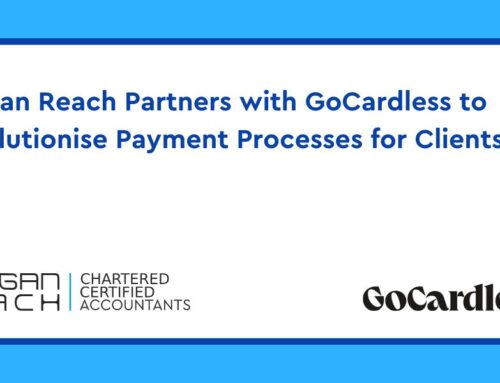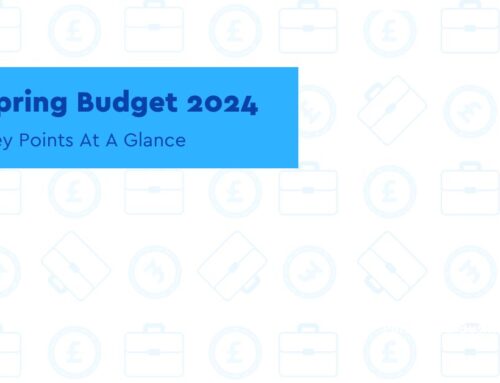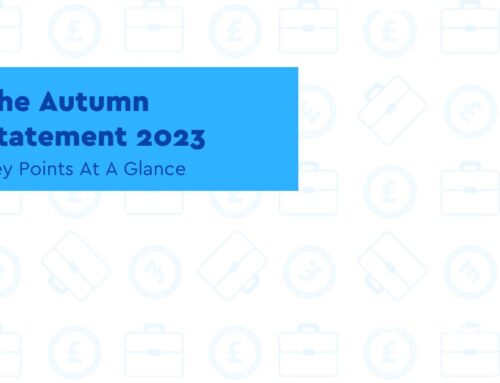OTS explores moving end of tax year
Key Points
- The OTS said they would be analysing the “benefits, costs and wider implications” of a change
- Many major tax regimes worldwide have a tax year end date of December 31
The Office for Tax Simplification (OTS) is to explore changing the end of the tax year from April 5 to either March 31 or December 31.
Published in a document on June 4, the OTS said they would be analysing the “benefits, costs and wider implications” of a change to the end of the tax year, as well as how a change could simplify the UK’s tax system.
It is looking at the end of March as a potential date because it is “both the end of a calendar quarter and the nearest month end date to the end of the current tax year end”.
Many major tax regimes including the USA, France and Germany have a tax year end date of December 31 and this is another option.
The UK tax year end date of April 5 arose for historical reasons with the modern tax system having been built around this date, whilst modern accounting systems have developed around quarter and month-ends.
The OTS should publish its findings later this summer.
Government responds to Treasury Committee call for pensions tax relief reform
Key Points
- The ‘Tax after coronavirus’ report called for urgent reform to the entire approach to pensions tax relief
- Govt say more radical changes to pensions tax relief would require careful consideration
Changes to pensions tax relief could have “profound and far-reaching” implications and would require “careful consideration”, the government has said.
In response to the Treasury Committee’s Tax after coronavirus report, which called for urgent reform to the entire approach to pensions tax relief, the government has stated that its immediate focus was on supporting businesses and workers in Covid-19 recovery.
Financial Secretary to the Treasury, Jesse Norman, stated that the 2015 consultation on pensions tax indicated “no clear consensus” for reform
He also pointed to changes to the pensions tax relief in recent years, which he said aimed to strike a balance between allowing the “vast majority” of savers to make tax-free pension savings and targeting incentives to save on those who most need government support in saving for retirement.
“Altering this balance could have profound and far-reaching implications, and so whilst all tax reliefs are kept under review, more radical changes to pensions tax relief would require careful consideration,” Norman noted.
Norman also highlighted the lifetime allowance freeze in the most recent Budget, which he described as a “progressive measure” that “only affects those with the largest pensions”.
“Furthermore, in the 2020 Budget the government increased the two tapered annual allowance thresholds to ensure those with earnings below £200,000 would not have their annual allowance reduced,” he continued.
Deadline looms for deferred payment of VAT
Key Points
- If businesses opt to pay the deferred VAT in full, they have until June 30
- Business wanting to join the VAT deferral payment scheme have until June 21
The deadline for paying VAT deferred in 2020 due to the impact of Coronavirus is June 30, 2021, unless an online application is made by June 21, 2021 to defer it further.
If new arrangements are not made by June 21, 2021 or the VAT is not paid by June 30, 2021, businesses incur a penalty of 5% and interest will be charged based on the amount of the deferred VAT that remains outstanding.
The options available to businesses to avoid the 5% penalty and interest are:
- Pay the deferred VAT in full by June 30
- Opt into the new VAT deferral payment scheme (online by June 21)
- Make alternative arrangements to pay HMRC by June 30
Businesses joining the new deferral scheme by the June 21 deadline will not be charged a penalty and will be able to pay their deferred VAT in monthly interest-free instalments up to March 2022.
The first instalment is payable upon joining the scheme.
There are a number of pre-requisites included for joining the new scheme including being up to date with filing VAT returns and agreeing to pay the instalments by direct debit.
Self Employment Income Support scheme grants: Tax treatment and partnership guidance
Key Points
- The grants are subject to tax as well as class 2 and class 4 NIC
- SEISS grants are also treated as trading income for pension contributions and for loss relief
HMRC last week released guidance for the fifth grant, but it’s worth considering the tax implications of these grants.
SEISS grants are taxable in the tax year they are received, not the accounting year or tax basis period.
The first three SEISS grants will usually be taxed in the year ended 5 April 2021, and must be reported on the 2021 tax return for that year. The fourth and fifth SEISS grants will usually be taxed in the year ending 5 April 2022 and must be reported on the 2022 tax return for that year.
The grants are also subject to class 2 and class 4 national insurance, as if they were part of trading profits for the tax year.
SEISS grants are treated as trading income for pension contributions and for loss relief purposes.
If you are a partner in a business who has claimed SEISS grants because the Coronavirus pandemic has adversely affected the partnership’s business then where and how the SEISS grants are treated for tax purposes depends on who actually received the grant.
If you, as a partner, were eligible for the SEISS grants and claimed and received the income into your personal bank account, it is not recorded as partnership income in the partnership accounts and the grants will be treated in a similar way to how they are treated if you are a self-employed individual.
If, however, the partnership claimed and received the income, then it should be included on the relevant partnership tax returns.
Weekly HMRC, Gov’t and tax updates
HMRC updates guidance for employers running payroll
This includes whether you’ll need to use a FPS or EYU
HMRC has added guidance on when you’ll need to use a Full Payment Submission process (FPS) and when to use an Earlier Year Update (EYU).
From April 2021, if you need to make a correction to a PAYE submission in Real Time for a year that has already ended, you will need to use the Full Payment Submission process (FPS). You should only use an Earlier Year Update (EYU) for the tax year ended 5 April 2020 or earlier.
Stamp duty rules set to change as extension comes to a close
The current enhanced stamp duty holiday will come to an end at the end of June and will then be tapered until the end of September in order to smooth the transition back to previous rates. If the property price is below a certain threshold, you currently do not have to pay stamp duty.
Properties bought between July 1 and September 30, 2021 will have a threshold of £250,000 for residential properties, below which you won’t need to pay stamp duty and £150,000 for non-residential land and properties.
From October 1, 2021, the threshold will return to £125,000 for residential properties and £150,000 for non-residential land and properties, the previous thresholds in place before Covid.
Scams target tax credits claimants
HMRC has warned tax credits claimants to be alert to potential scams as the remaining annual renewal packs arrive in the post.
In the 12 months to April 30, 2021, HMRC responded to more than 1,154,300 referrals of suspicious contact from the public. More than 576,960 of these offered bogus tax rebates.
Tax credits can be renewed online by logging onto GOV.UK. All claimants should have received their renewal packs in the post by June 4, 2021. Claimants have until July 31 to notify HMRC of any change in circumstances that could affect their claims.
Get In Touch
At Morgan Reach, we understand every business needs a little help now and again-especially when it comes to the financial side of things. Therefore, to help our clients and visitors we endeavour to cover as much of the business news as possible. If you are self-employed or run a business and need assistance and advice on how these news could make a difference to you or your business, feel free to get in touch with the experts at Morgan Reach. Our business growth experts at Morgan Reach will guide you through what support is available for you or your business as well as the latest news that may affect you







